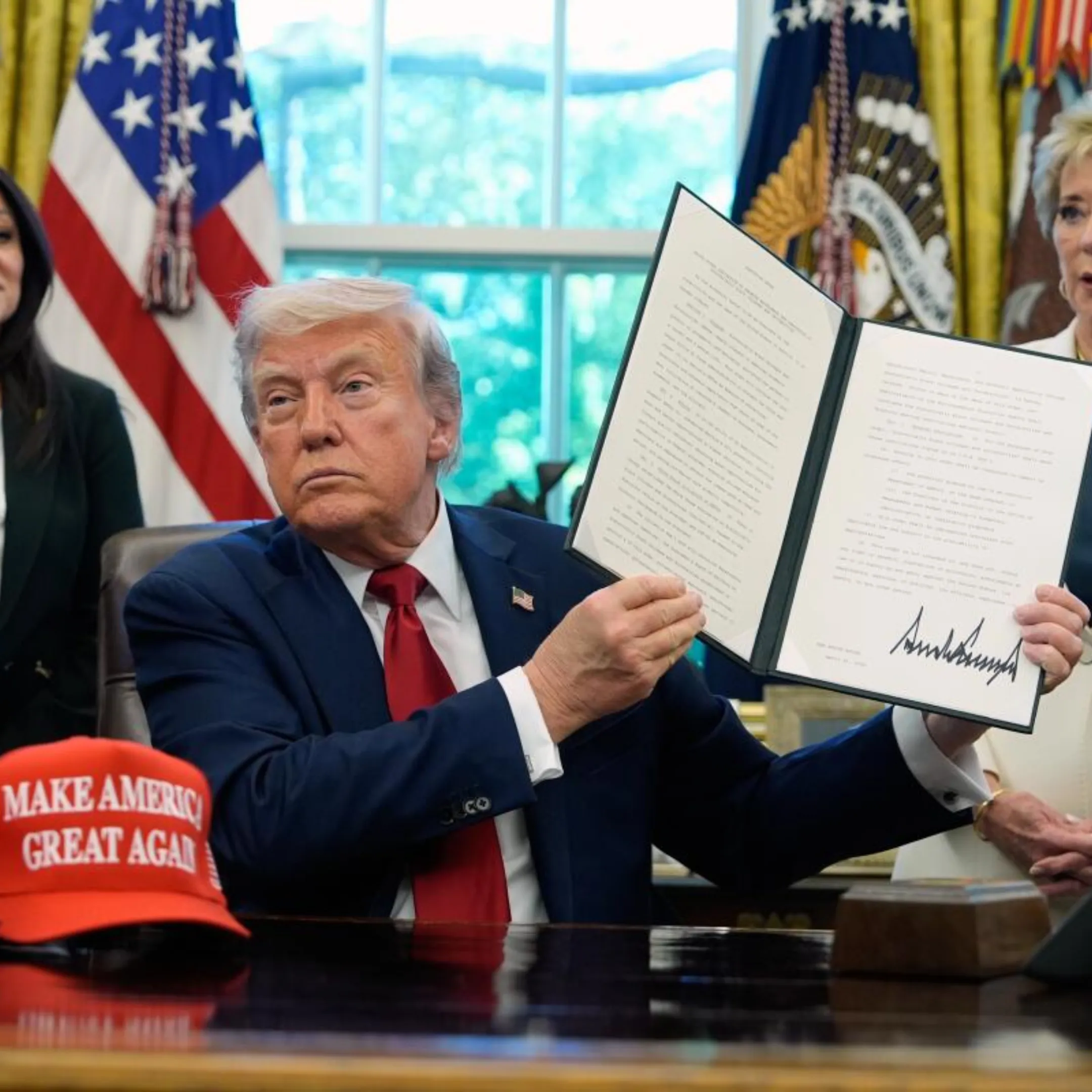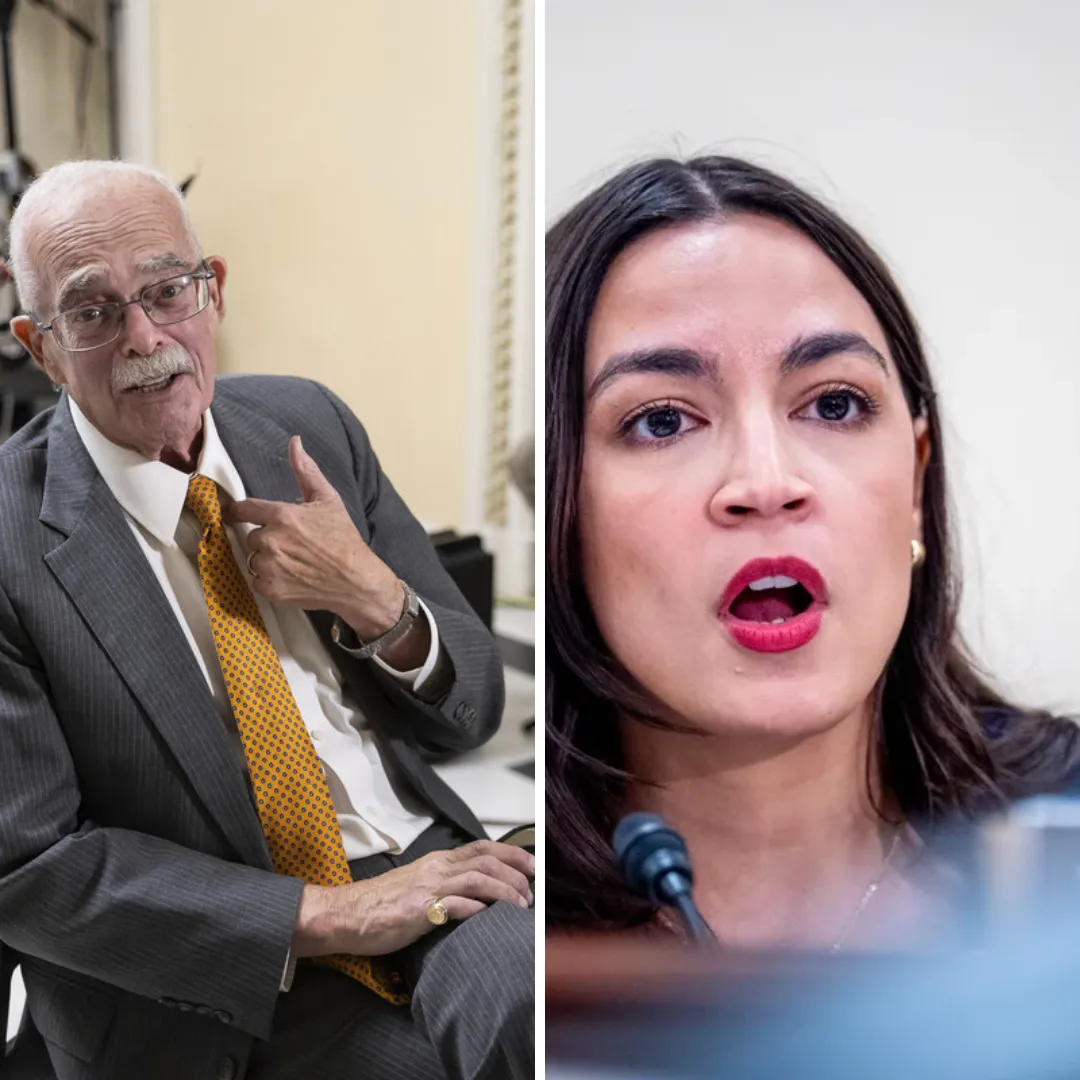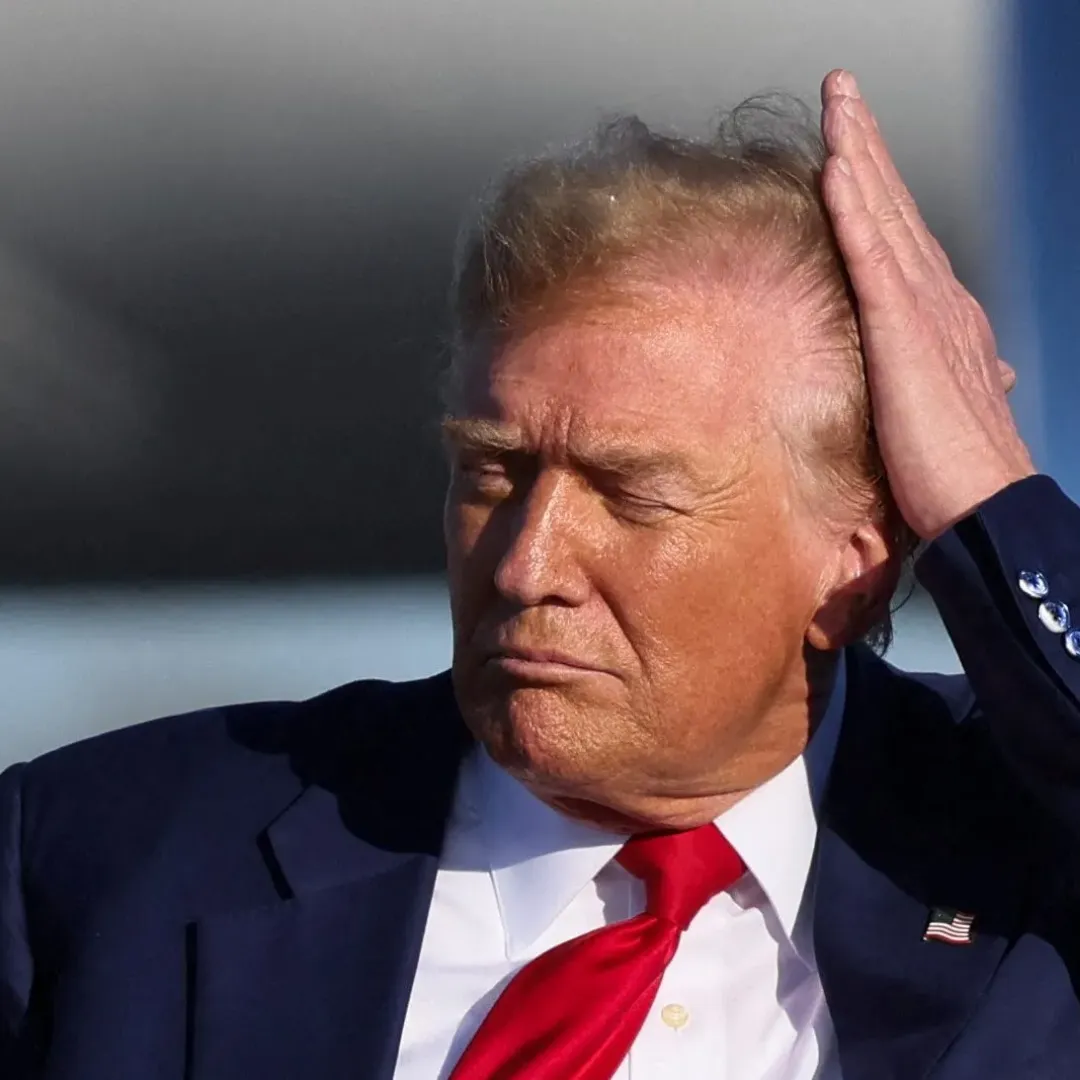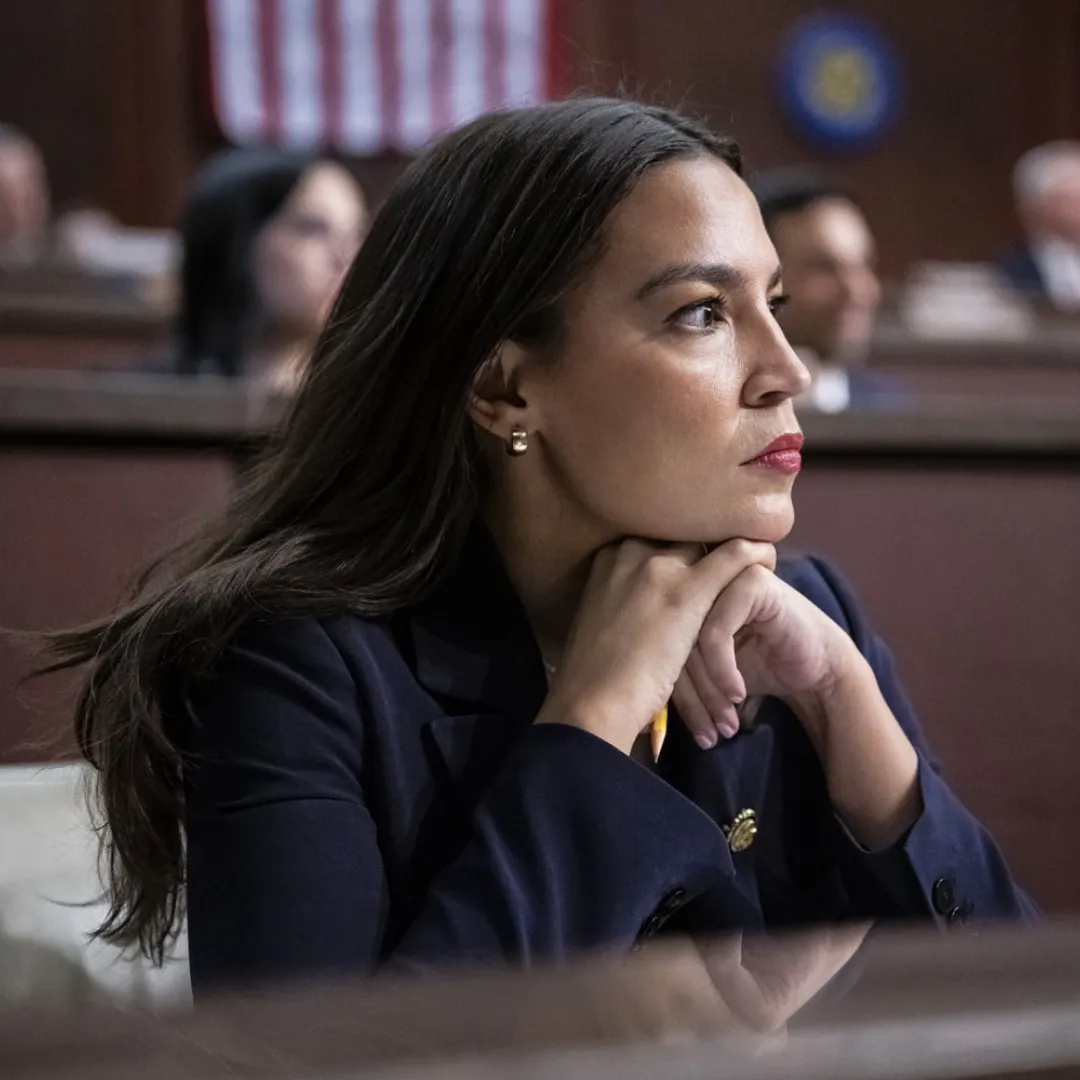Elon Musk, the billionaire entrepreneur and CEO of Tesla, sat down for his first major interview since President Donald Trump took office, offering an inside look at his time working in the White House.
On May 1, Musk met with several prominent U.S. news outlets at the White House, reflecting on his 100 days as a special government adviser in the Trump administration.
The interview revealed a mixture of personal insights, professional challenges, and a candid acknowledgment of the pressures he faced while navigating his dual role as a businessman and a government advisor.
Musk did not hold back, describing his first few months in Washington as extremely taxing. "It was a very stressful 100 days," Musk admitted. At the outset, his schedule was packed with almost daily trips to Washington, D.C.
"At first, I was in Washington, DC seven days a week or so, which lasted for several weeks," he said. "Now we are more in sync, so the time I need to be here is also less. I can go back to prioritizing running the business, the work that needs me."
Musk’s dual commitments have required him to balance his corporate obligations with his role in the government, often splitting his time between overseeing Tesla’s operations and participating in government meetings and initiatives.

This interview marked Musk’s longest sit-down with U.S. news outlets since he joined the Trump administration.
Throughout his tenure in the White House, Musk has largely avoided speaking with media organizations he perceives as unfavorable, opting instead for more controlled environments such as Fox News interviews, conservative podcasts, and social media posts.
This strategy aligns with Musk’s often publicized desire to avoid what he views as biased media coverage.
Musk's decision to speak openly with major news agencies now is significant, offering a rare glimpse into the thoughts of one of the world’s most influential business figures as he straddles both the private and public sectors.
Musk’s role as a special government adviser is set to conclude by the end of May. Despite his official departure, he confirmed that he would still spend one or two days a week on government-related work, especially regarding his efforts in leading the Department of Government Efficiency (DOGE).
However, Musk stressed that his time in Washington would be significantly reduced, as he prepares to refocus on Tesla.

“I’m going to reduce my time in Washington and focus more on running the company,” he told the press.
Despite this, Musk acknowledged that his involvement in DOGE would remain on a limited basis, traveling to Washington every couple of weeks.
When questioned about his future role with DOGE and whether he would leave entirely, Musk indicated that it would ultimately be up to President Trump.
His status as a special government employee is set to expire, but Musk is unsure whether this would mean the end of his advisory role in the White House.
Despite facing significant criticism over his involvement with DOGE, including numerous lawsuits targeting the administration’s spending cuts and Musk’s role in them, Musk expressed that he felt the work was worthwhile.
“60-70% of DOGE is fun,” Musk said, emphasizing the satisfaction he found in the department’s efforts to stop wasteful government spending and improve computer systems.
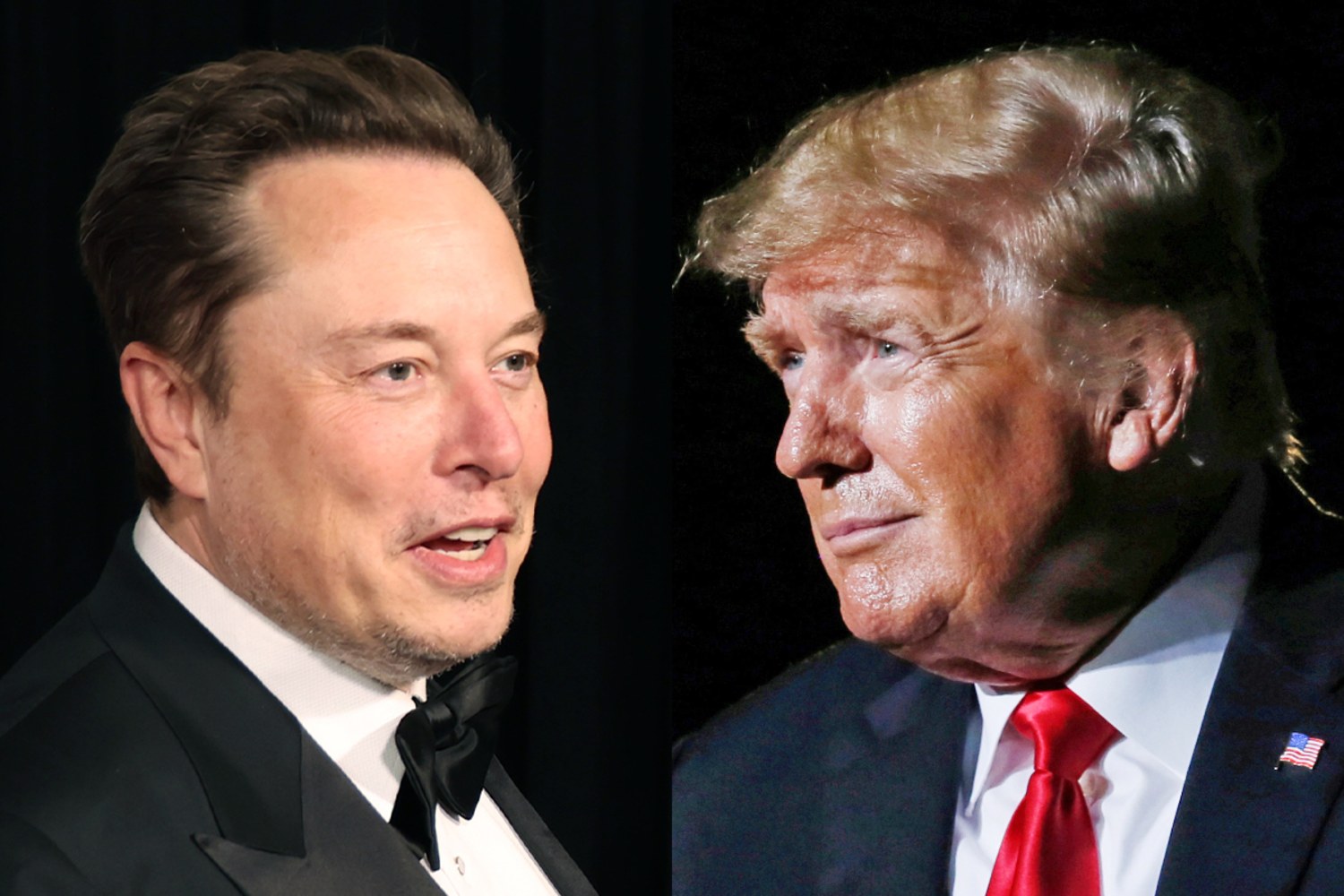
However, he also acknowledged the challenges, saying, “It’s not fun to be constantly attacked. It’s not fun to see cars burned down,” referring to the vandalism of Tesla vehicles.
The ambitious goals of DOGE, which Musk has championed since taking on the role, include cutting massive amounts of government spending.
Originally, Musk set an audacious goal of reducing trillions of dollars in federal spending. However, in the interview, he revised the target to between \$150 billion and \$160 billion, acknowledging that while the goal of reducing \$2 trillion is still achievable, it would require a long-term effort.
“I’m proud of the incredible work of the DOGE team,” Musk said. “They’ve faced a lot of criticism. They’re people who could easily find high-paying jobs in the private sector and are actually high-paying people in the private sector.”
Despite his reduced involvement in government affairs, Musk made clear that he still hoped to retain his small office in the White House.
“I’m keeping my micro-office,” he stated. “It’s on the top floor of the White House, and it has a view of nothing.”

Musk, ever the irreverent character, explained that the lack of a view actually had its advantages, joking, “That’s fine because it’s harder to assassinate me.”
Musk’s lighthearted comment offered a rare moment of humor amidst the heavy discussions of government policy and his role in shaping it. He also mentioned that he has the largest computer monitor in the White House, and during his downtime, he occasionally plays video games.
“I occasionally play a video game,” Musk admitted, adding that his favorite games were Diablo and Path of Exile, reflecting his unique blend of seriousness in business and a playful side in his personal time.
Musk’s relationship with President Trump has been a subject of public interest since the beginning of Trump’s presidency.
Musk, who has been a vocal supporter of Trump in the past, described his interactions with the president as generally cordial. “I guess we’re good friends,” Musk said, speaking candidly about their dynamic.
He explained that when the two are together, either on Air Force One or Marine One, Trump often invites him to stay and continue participating in meetings.
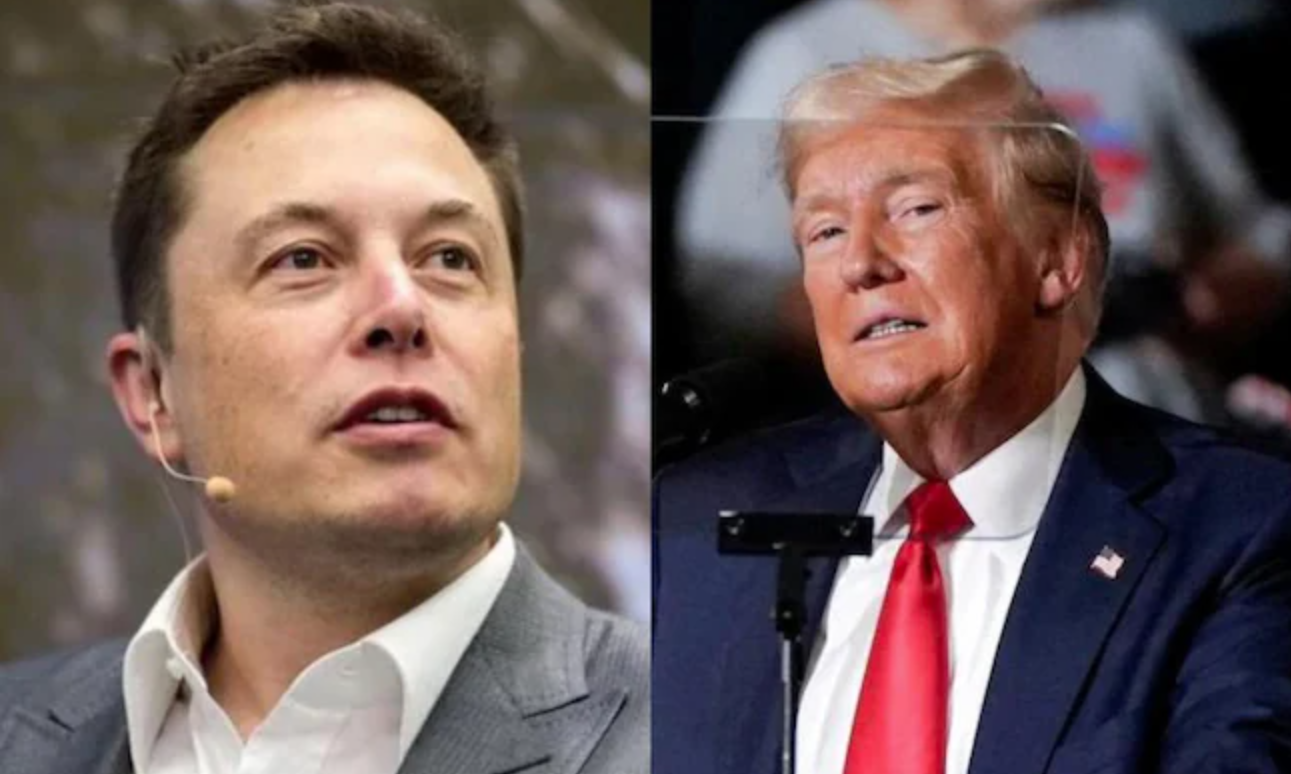
“We get on Air Force One or Marine One together, and he’ll say, ‘Hey, do you want to stay?’ And I’ll say, ‘Sure.’”
The personal nature of their relationship was also evident in a humorous anecdote Musk shared about his time at the White House.
He revealed that he once slept in the Lincoln Room, the official guest room, and Trump even called him to remind him to bring ice cream to the kitchen.
Musk, never one to shy away from the unusual, brought a whole tub of Haagen-Dazs caramel ice cream, which he described as “very good.”
The lightheartedness of the moment, shared with one of the most powerful figures in the world, stands in contrast to the serious nature of Musk’s role in the administration.
Throughout his time in Washington, Musk has maintained a somewhat unconventional approach to his government work, making it clear that his contributions are not solely motivated by a sense of duty to public service but also by his belief in the potential for government efficiency.

Musk’s tenure at DOGE has been marked by a combination of idealistic goals—such as reducing government waste and reforming federal processes—and the inevitable clashes with the political establishment.
His involvement has led to numerous legal challenges, with critics accusing him of trying to sidestep constitutional processes in his efforts to cut spending.
Despite these criticisms, Musk remains steadfast in his belief that DOGE’s work is vital for the future of the country.
His efforts to reduce federal spending and improve government efficiency have garnered both support and opposition, but Musk’s involvement in the Trump administration has undeniably reshaped how many view the relationship between business and government.
As his role in the White House winds down, Musk’s future with DOGE remains uncertain, but his impact on the administration’s policy agenda will likely continue to resonate for years to come.
Musk’s decision to shift his focus back to Tesla, while still offering limited assistance to DOGE, reflects his understanding of the challenges of balancing his various ventures.
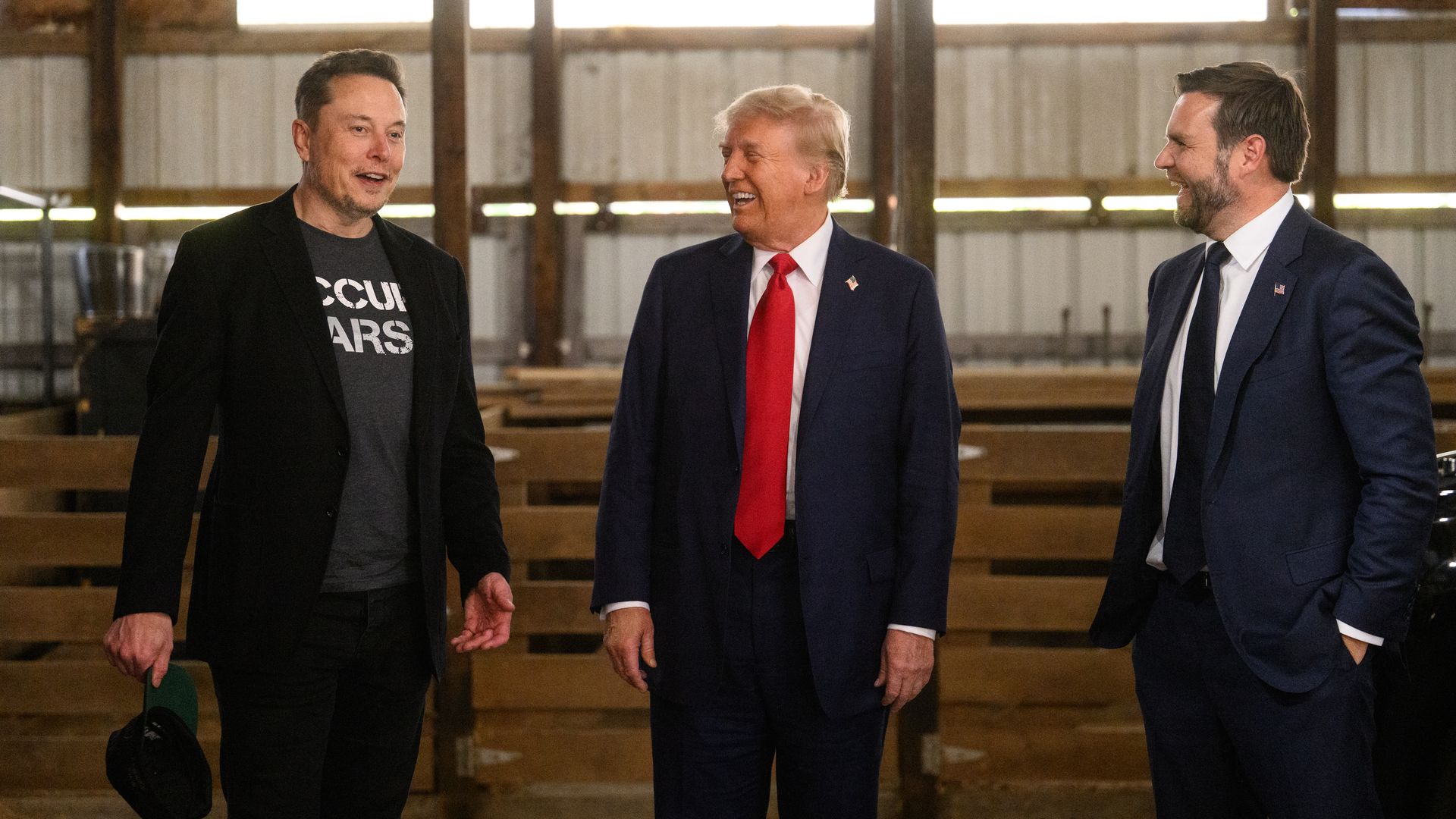
However, his legacy in Washington, particularly in the context of government efficiency and spending cuts, will likely endure long after his time in the White House has ended.
Whether Musk remains a force in politics or retreats fully to the private sector, his role in shaping the Trump administration’s policies has been nothing short of transformative.
